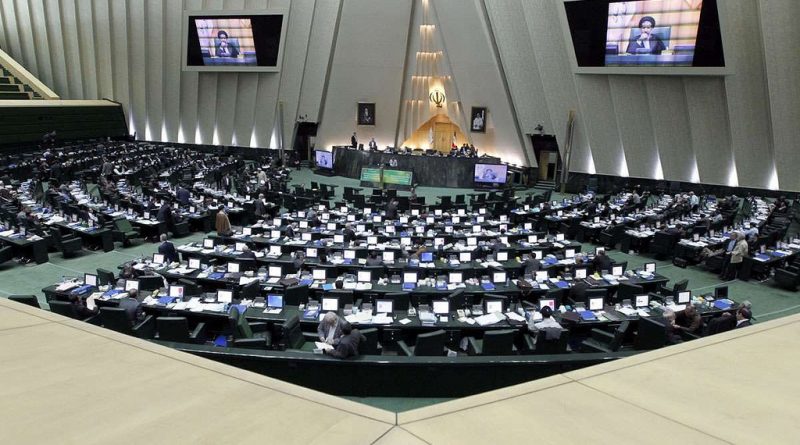Iran Votes to Fight the Financing of Terrorism
By Mark Gorman
Staff Writer
Iran’s Parliament voted on Sunday, October 7 to join a global convention to cut off terror financing. This comes as the threat of new sanctions threaten Iran’s already fragile economy. The bill was passed despite opposition from hardliners who claimed that it would erode Iran’s sovereignty.
With Iran’s Parliament voting to join the Combating the Financing of Terrorism Act (CFT) and meeting the demands of the Financial Action Task Force (FATF), all that’s left is for it to pass the Guardian Council for Iran to adopt it. This act would theoretically defund these groups, although the Associated Press states, “joining the CFT is unlikely to prevent Iran from continuing to support such groups.” Iran is known for its financing of groups like the Lebanese militant group Hezbollah and the Palestinian militant group Hamas, both of which Western Countries view as terrorist organizations.
The vote to pass the bill went through Parliament by a 143-120 vote with most of the opposition being from hardliners. The bill that was passed would limit funding to the previously mentioned Hezbollah, Hamas, and others and shed some light on the economic footprint of the Islamic Revolutionary Guard Corps.
According to Deutsche Welle, Mohammed Dehghan, argued the bill amounted to “treason” and would “provide the enemy with intelligence during an economic war.” Even the Foreign Minister, Javad Zarif, who spoke for President Hassan Rouhani’s Government in favor of the bill, commented: “Neither I nor the President can guarantee all problems will go away if we join [the United Nations convention.”
The bill was passed as a deadline from FATF loomed. In June, FATF told Iran that they had until October to finish reforms or face sanctions. The United States has also been pressuring Iran since they pulled out of the Joint Comprehensive Plan of Action (JCPOA), more commonly known as the nuclear deal. The U.S. has been targeting companies that do business with Iran and has demanded an oil embargo on Iran by all nations by November 4. According to The Guardian, The Trump administration said it was ultimately seeking a new deal that addressed “the totality of the Iranian threat.”
Conversely, Reuters reports that, “[Iran] hopes it will be removed from a blacklist that makes some foreign investors reluctant to deal with it.” Furthermore, even if the Trump administration does attempt to implement more sanctions on November 4, it might not be very effective. According to Keith Johnson of Foreign Policy, “… European and Asian countries aren’t enthusiastic about joining Washington in putting the squeeze on Tehran, because they see Iran as continuing to comply with the deal [JCPOA].” According to the Associated Press, “Foreign Minister Mohammed Javad Zarif called Sunday’s vote a ‘historical decision’ that would make it easier for Russia and China – which also signed the nuclear accord – to continue doing business with Iran as the U.S. restores sanctions.”
Furthermore, The Guardian also states that the European Union has launched an attempt to protect European businesses from American sanctions through different methods. These include: informing firms to ignore Washington, forcing companies that want to pull out because of U.S. sanctions to pursue authorization from the European Commission, and allowing European businesses to sue the American Government in the national courts of member states.


